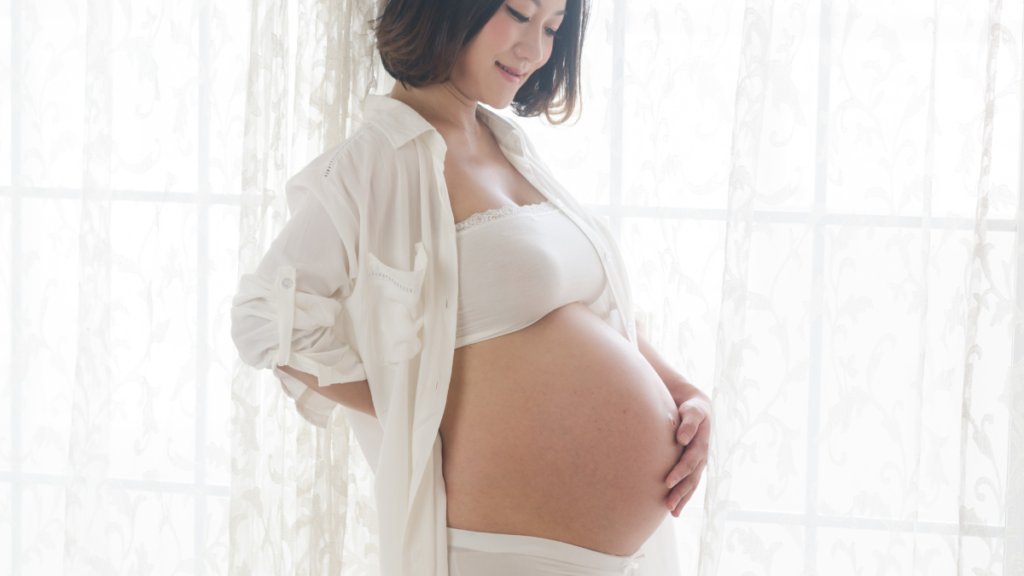
Read on to find out more about you and your baby’s development at seventeen weeks.
By week seventeen, your baby is approximately the same size as a pomegranate. The fetus is about 13cm and weighs around 0.14kg (140g).
Individual swirls and creases are forming on the fingertips and toes- proving that your baby is one of a kind.
At this moment baby is on high alert as its ears are coming to the point of being fully developed. So, at this point it is key to communicate with baby as they will be able to hear your voice nice and clearly.
Your baby’s facial muscles are strengthening throughout the second trimester. They are now practicing sucking and swallowing in preparation for the real deal- whether that be a breast or a bottle. Whilst learning how to eat, fat is also developing under the skin- providing energy and warmth for your little one.
With baby getting bigger, your body is getting stronger. Your waist will begin to disappear as the womb moves up the body.
At the beginning of week seventeen you will begin to notice your blooming period. Most commonly known as the ‘pregnancy glow’. With exploding hormones being constantly released into the body, you may notice that your hair and skin is beginning to flourish- another positive symptom that you may encounter throughout the second and third trimester.
Now that you’re eating for two- expect for your appetite to rapidly increase. With baby developing day by day, it will be demanding for more nutrition. So, listen to your hunger; ensuring that you fill yourself with food that high fibers and lean proteins allowing baby to be fit and healthy.
Gaining stretch marks during pregnancy is hereditary. It can also occur if you have a drastic increase or decrease in weight. Stretch marks are small tears within the skin tissues and completely normal. Moisturizing with cocoa butter and consuming plenty of Vitamin C can help minimizing them.
With the build-up of hormones and tension at this stage of the trimester- you are likely to encounter the occasional headache. To avoid these symptoms from worsening ensure your blood sugar levels are regulated and try to remain calm by getting some air or relaxing in a bit of peace and quiet.
As well as eating regularly, it is important that you stay hydrated to avoid feeling dizzy and dehydration. Being dehydrated can be one reason as to why you are feeling faint. Progesterone levels are constantly fluctuating which affect blood pressure levels which may also result in you feeling dizzy. This also can be avoided by eating regularly and getting a lot of fresh air.
The feeling of being bloated to having heartburn is undoubtably very uncomfortable. However, it is in fact very beneficial for your baby. The slowing-down of the body allows time for nutrients to be properly absorbed into your bloodstream and to be given to baby via the placenta.
As the weeks ago by you will continue to grow and will notice the increase of back pain. Relax yourself by booking in for a pregnancy massage and if that does not work for you, perhaps opting for the ancient Chinese medical technique of acupuncture.
If you have chosen to have a cordocentesis, it is possible for you to have a scan at 17 weeks. A cordocentesis consists of blood tests from the umbilical cord to examine any chromosomal abnormalities. The doctor will use an ultrasound to see where the placenta meets the cord. This form of test is usually done if you and your partner wish to have a more precise analysis of the baby’s health.
For more information on development and milestones at every stage of your pregnancy, visit our pregnancy week by week guide.

© 2023 All rights reserved Baby & Toddler - part of parent promotions